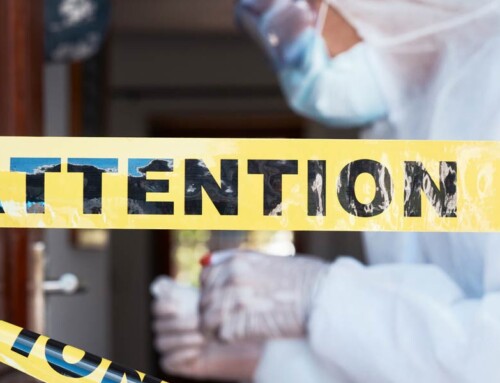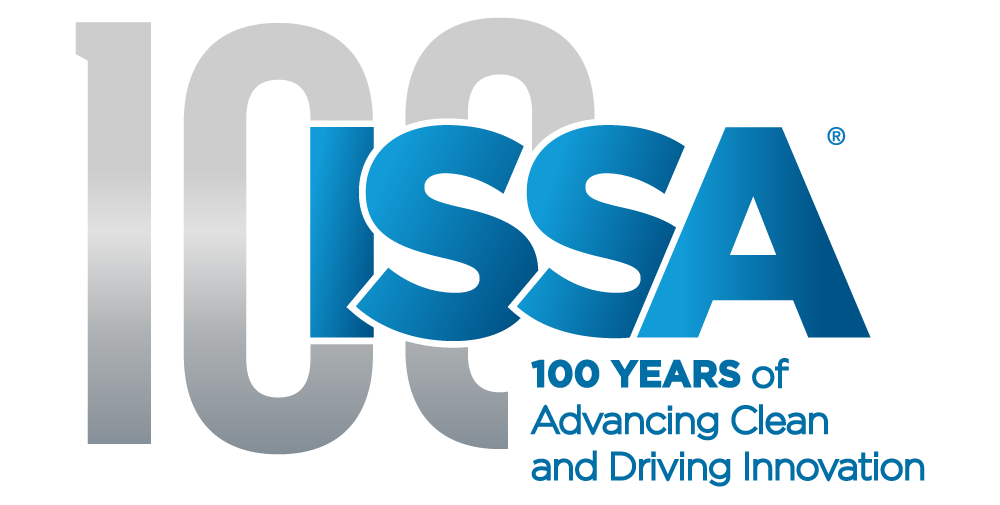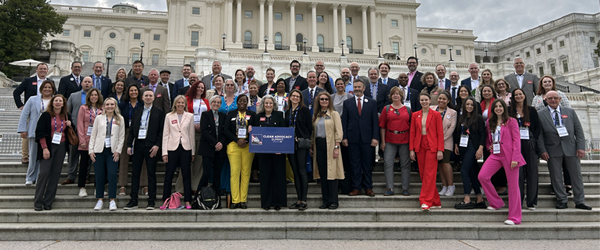The Impact of PFAS Regulations on the Cleaning Industry
Per- and polyfluoroalkyl substances (PFAS) are a group of man-made chemicals that have been widely used in various industries around the globe, including the cleaning industry. However, due to their potential environmental and health risks, many U.S. states have implemented or are considering implementing regulations to restrict or ban the use of PFAS.
States Taking Action Against PFAS
As of early 2024, several U.S. states have enacted laws regarding PFAS. For instance, Maine became the first U.S. state to ban the sale of products containing intentionally added PFAS. Other states like California, Colorado, Connecticut, and Minnesota have also implemented bans or restrictions on PFAS in various product categories. These states are at the forefront of addressing PFAS concerns and are taking proactive measures to protect public health and the environment.
Beyond these examples, other states are considering or developing PFAS regulations. This includes states like:
- Arizona: Introduced a bill to restrict PFAS in firefighting foam.
- Delaware: Proposed legislation to set drinking water standards for certain PFAS.
- New York: Considering a ban on PFAS in various consumer products.
Impact on the Cleaning Industry
The cleaning and facility solutions industry, particularly industrial and institutional cleaning distributors and manufacturers is significantly impacted by these laws and regulations. PFAS have historically been used in cleaning product formulations for their ability to enhance dirt repellence, wetting and spreading, aerosolization, film forming, and more. In addition, PFAS are unintentionally added to formulations often through the water used or as an ingredient in chemical compounds. However, the resilience of PFAS means they do not break down in the environment, leading to widespread accumulation and potential exposure risks to humans and wildlife.
The California ban, for example, is expected to impact product formulations throughout the national supply chain due to the size of the state’s commercial and consumer markets. Similarly, Colorado has imposed a phased ban on selling and distributing products intentionally containing PFAS chemicals, with implications for the personal and home care industries.
Next Steps for Organizations like ISSA
Organizations like ISSA, the leading trade association for the cleaning and facility solutions industry worldwide, play a crucial role in navigating these changes. We can help our members understand the implications of these regulations and assist in the transition towards safer alternatives.
ISSA will take the following steps:
- Educate Members: ISSA will provide resources and training to help members understand the implications of PFAS regulations and how to comply with them.
- Advocate for Reasonable Regulations: ISSA will work with regulators to ensure that any new regulations are reasonable and achievable for the industry.
- Promote Safer Alternatives: ISSA will encourage the development and use of safer alternatives to PFAS in cleaning products.
- Support Research and Development: ISSA will support research into the health and environmental impacts of PFAS and the development of safer alternatives.
The increasing regulation of PFAS presents both challenges and opportunities for the cleaning industry. By staying informed and proactive, organizations like ISSA can help their members navigate these changes and continue to provide safe, effective cleaning products.
















